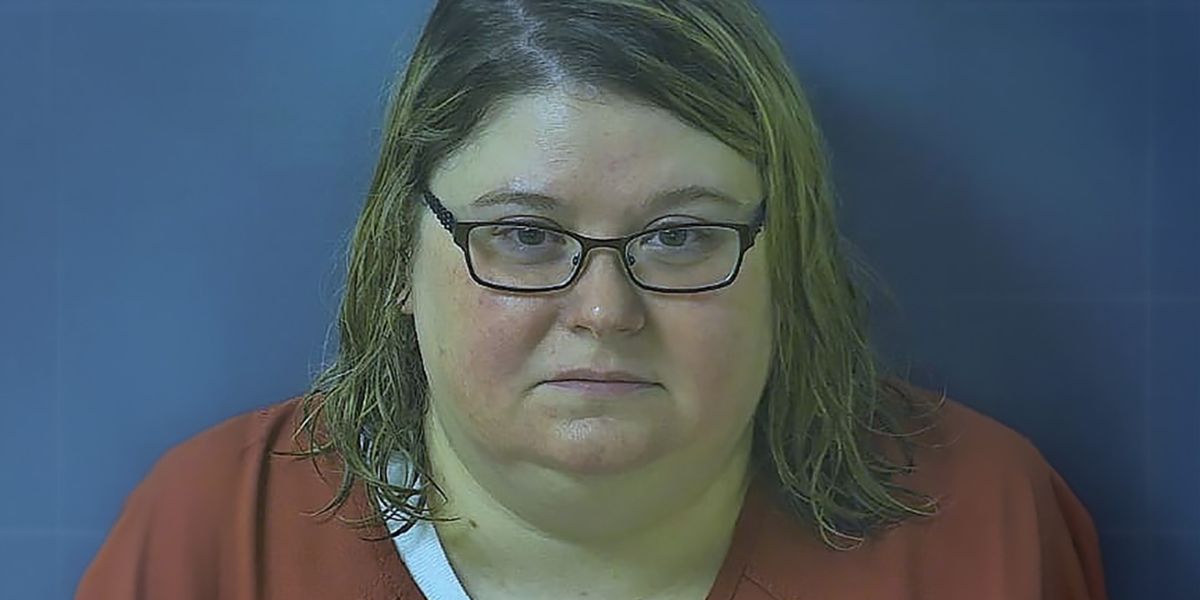Rising Rates of Colon Cancer in Under-50s; Early Detection Crucial With Multiple Symptoms, Says Oncologist
Colorectal cancer is becoming more common among young individuals, although early detection boosts the odds of complete recovery. This implies that it’s critical to understand the symptoms, which range from weariness to abdominal pain, and to get checked if they appear, especially if you have more than one.
Colorectal cancer rates in those under 50 have increased by 2% per year since 2011, according to the American Cancer Society. It is currently the deadliest cancer among males of that age in the United States and the second-deadliest among women.
According to the Centers for Disease Control and Prevention, colorectal cancer-related healthcare in the United States cost approximately $24.3 billion in 2020, accounting for 12.6% of all cancer treatment expenses. In comparison, breast cancer, the most expensive cancer to treat, accounts for 14% of total costs, according to the CDC.
The majority of colon and rectal cancers begin with tiny growths called polyps in the organ lining. They are usually innocuous, although they can occasionally cause cancer.
However, because polyps are frequently asymptomatic, regular screenings are essential, as those discovered in the early stages may typically be completely removed, according to the Mayo Clinic. The recommended age for cancer screening is 45, although people with a genetic predisposition, a family history of the disease, or other colorectal risk factors may be encouraged to begin testing earlier.
“We used to do colonoscopies as a screening method at the age of 50, but the age has now been reduced to 45 in awareness that more young people are developing colorectal cancer. So definitely schedule a colonoscopy,” Dr. James Cleary, a gastrointestinal oncologist at Dana-Farber Cancer Institute in Boston, told Business Insider.
However, those who acquire colorectal cancer symptoms before the age of 45 may also benefit from screening. “If you’re having one symptom, you should think about getting a colonoscopy, but if you’re having two of these, statistically speaking, your chances are higher, and you really should go get a colonoscopy,” he added.
So, while many illnesses can cause symptoms such as stomach pain or cramping, if you have both at the same time, you should get checked for cancer.
Here are five symptoms of colon cancer to be aware of.
Iron Deficiency Anemia
Iron deficiency anemia, or low iron levels, can indicate colon cancer.
Cleary explained that colon cancer can cause bleeding, particularly rectal bleeding, which is a symptom of the condition. However, bleeding can occur at a microscopic level that the patient is unaware of.
Anemia is caused by blood loss because red blood cells contain iron. So, if you lose blood, you lose iron.
“When someone is diagnosed with iron deficiency anemia, I believe the most important question is always, ‘Why is the person having iron deficiency anemia?'” And if you can’t come up with a reasonable reason, that person should have a colonoscopy,” he stated.
Iron deficiency anemia symptoms include fatigue, a lack of energy, shortness of breath, and headaches. You can have a blood test to determine your iron levels.
Bowel motions
Changes in bowel habits may also be an indication of colorectal cancer, although they can manifest in a variety of ways, according to Cleary. If the tumor is located low in the rectum, it may cause the stool to constrict as it squeezes past to exit the body.
Changes such as frequent bathroom visits, pencil-thin feces, and blood in the stool are prevalent in colorectal cancer patients, he explained.
Other symptoms may include diarrhea, constipation, or a lack of relief following a bowel movement.
Unintentional Weight Loss
Cleary explained that unintentional weight loss can be an indication of any sort of cancer, including colon cancer. He typically sees this in individuals with advanced colon cancer.
“It is usually pretty significant, 10 to 20 pounds over six months to a year,” he noted, without the patient’s active effort.
If people suffer accidental weight loss, they should contact their doctor to figure out what’s going on because it’s a high-risk feature, especially if they’re also experiencing other symptoms, such as rectal bleeding.
Abdominal Pain
Chronic abdominal pain, pains, or cramps may potentially indicate colon cancer.
“Interestingly, that’s on the lower end of what we see, but if you’re having chronic abdominal pain, it’s just worth talking about to your doctor,” explained Dr. Cleary.
Fatigue
Another warning sign is constant fatigue. According to Bowel Cancer UK, this may be due to a lack of healthy red blood cells in the body.











